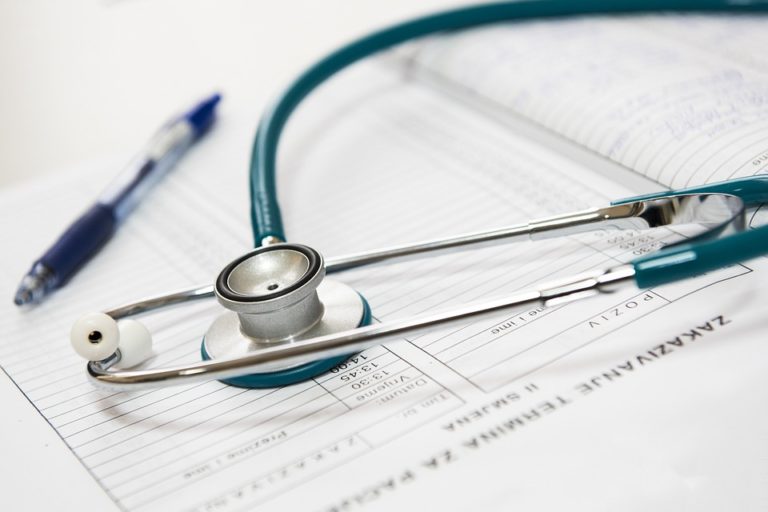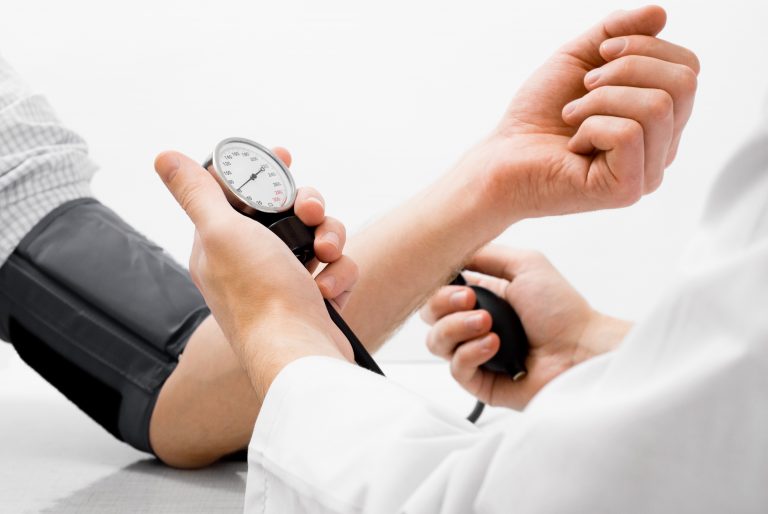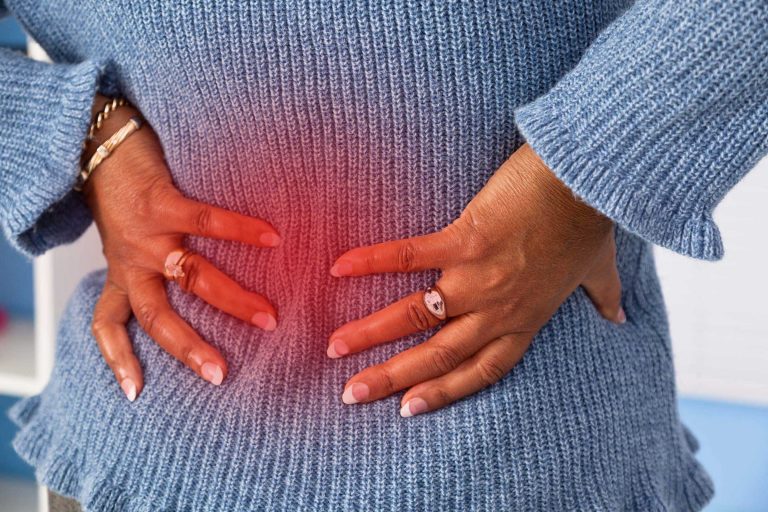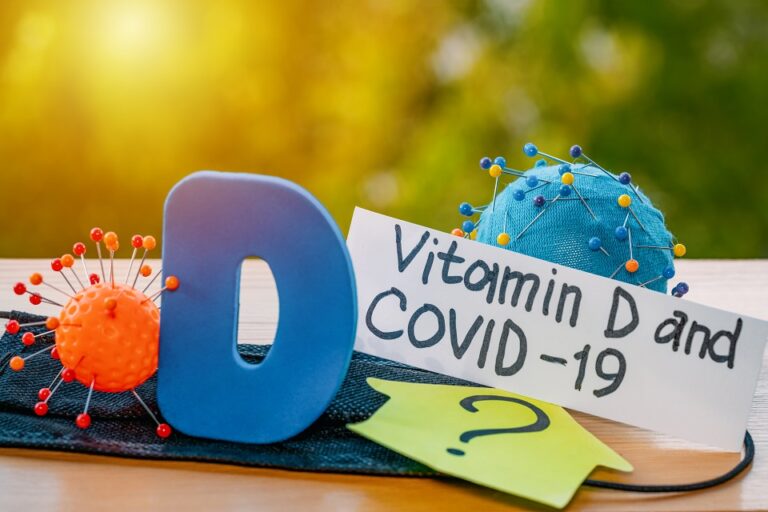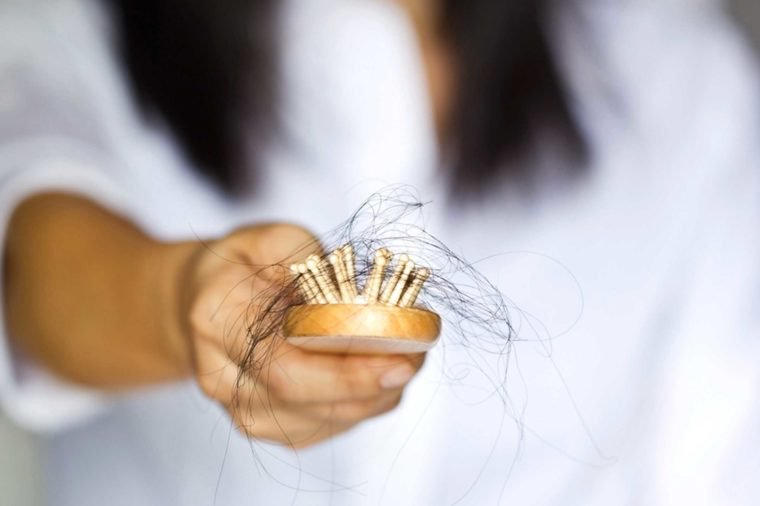
Hair loss
While men tend to show the obvious signs of hair loss more than women, both genders experience this symptom of aging. Men do, however, have a higher prevalence of hair loss and experience patterns of baldness differently.
“Male-pattern hair loss usually begins earlier in life and men lose from the front and vertex of the scalp,” explains Jerome Garden MD, the director of the Physicians Laser and Dermatology Institute in Chicago. This results in the typical receding hairline and the bald spot on top.
“Female-pattern hair loss usually begins after age 30 and is a more subtle, diffuse hair loss with preservation of the frontal hair line.” He explains that these differences are likely the result of gender hormones—testosterone is the main drive of hair loss in men, while estrogen has a protective factor against hair loss in women.
Women, however, are more likely to seek out treatment for hair loss, despite more men experiencing the condition. Unfortunately, Dr. Garden points out that the treatments for female hair loss are less than for men.



